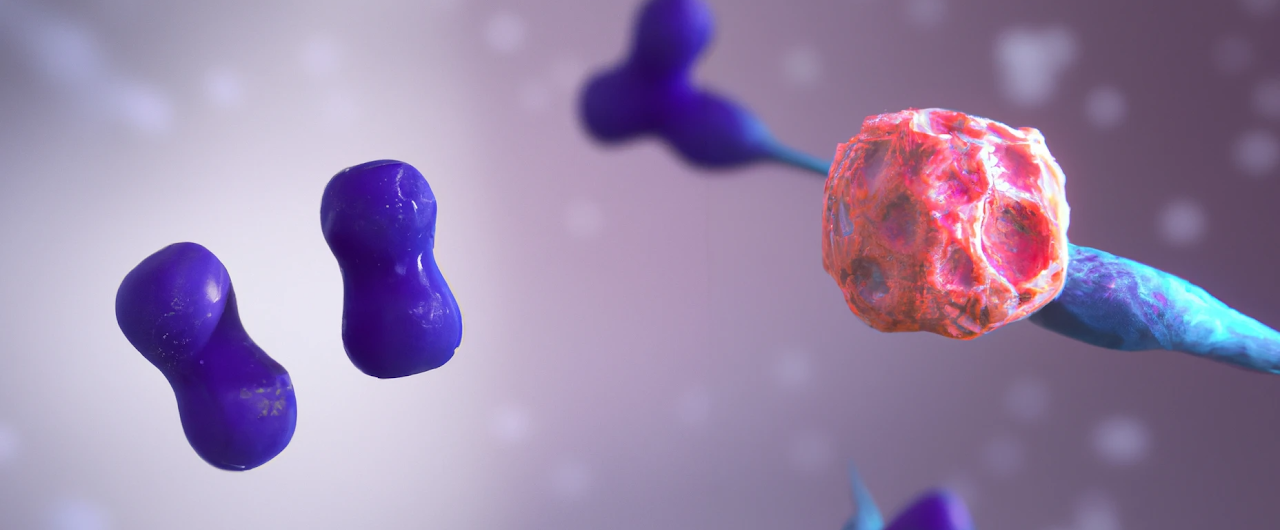How we helped our client refine their understanding of the genetic landscape of their patients' disease, allowing them better navigate future directions of their research.

Chronic lymphocytic leukemia (CLL) is a disease that affects the white blood cells in the body. Most of the time, it is slow-growing and does not require treatment. However, in some cases, it can become rapidly progressive. Our client's study focuses on a subset of CLL patients whose disease has progressed to a more aggressive form, with a high risk of death from the disease within five years.
This research is evaluating a new drug that was shown in preclinical studies to induce apoptosis (programmed cell death) in cancer cells while leaving healthy cells unharmed. In this study, our client is investigating how well this drug works in patients with advanced CLL who have failed all other therapies.
We performed advanced genetic analyses to help them navigate the future direction of their research. The analysis plan also included community detection of rare cells within the samples, which is an important step that can help determine how many cells are affected by the mutation or if there are multiple subpopulations of cells with different mutations.
It allowed to gain insight into the genetic makeup of individual cells. These results helped our client understand how the disease affects different patients, which will allow them to tailor treatments for different groups of patients.